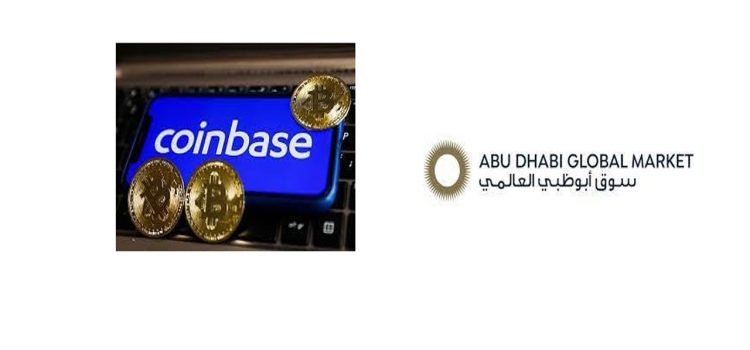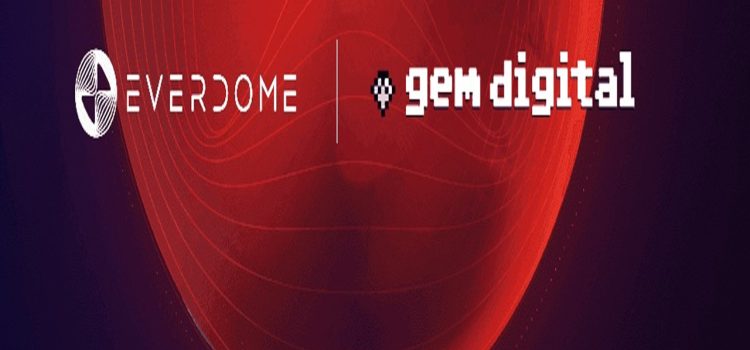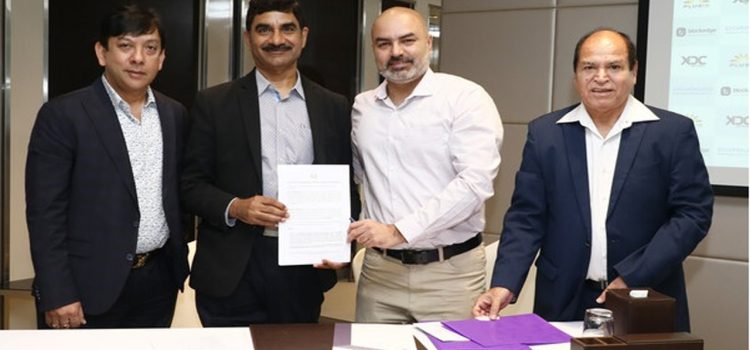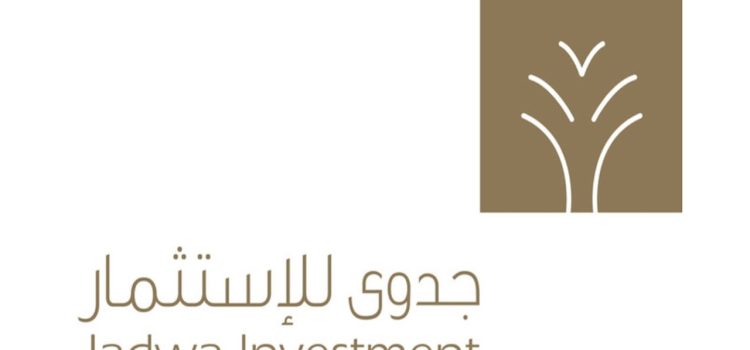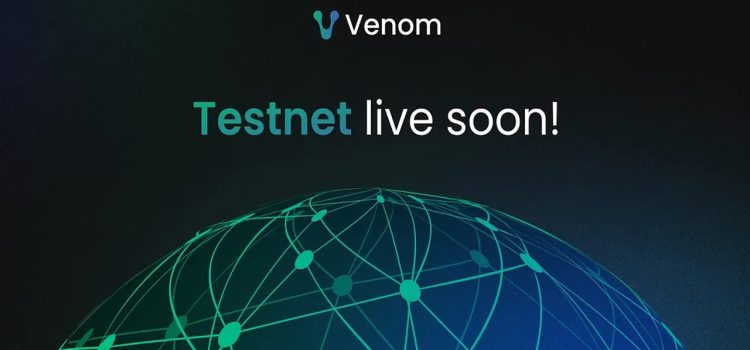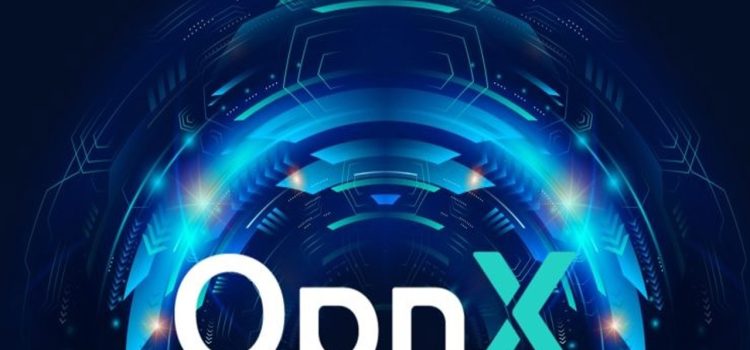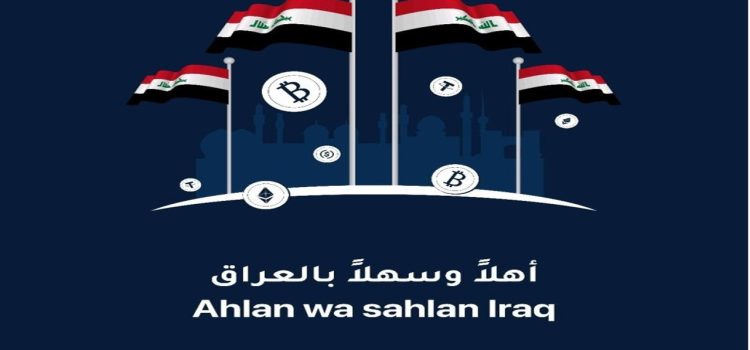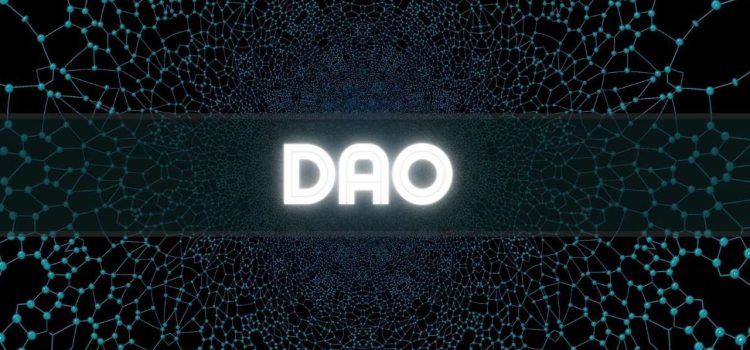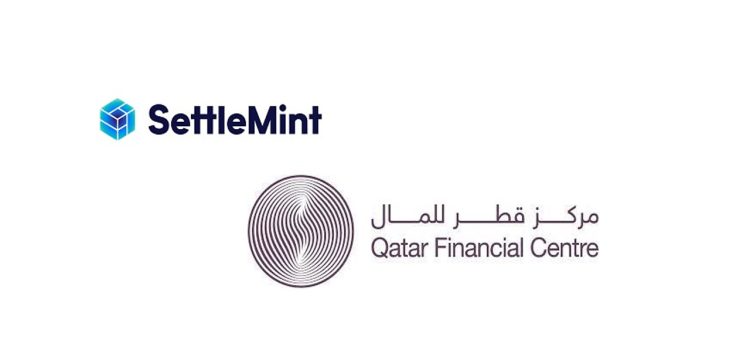
According to a recent blog post published by CoinBase the second biggest global crypto currency exchange, the company revealed that is in talks with UAE’s regulator in Abu Dhabi, FSRA ( Financial Service Regulatory Authority) part of ADGM (Abu Dhabi Global Market) to expand its regulated operations to the UAE.
The expansion is part of its global scale to go broad and deep. As part of its strategy, Coinbase will establish regulated entities and local operations in high-bar regulatory jurisdictions abroad to focus on international growth.
As per the blog post, “Coinbase is focused on international growth and is working with several high-bar international regulators to establish regulated entities abroad that safely facilitate trading solutions and provide products the crypto community demands. Coinbase will continue to launch foundational products that are a gateway to Web3 and crypto across the globe while launching localized infrastructure and public facing products with a full suite of services.”
The post adds, “We have accelerated our UAE plans with Abu Dhabi Global market regulator. We are in discussion with the Financial Services Regulatory Authority (FSRA) in Abu Dhabi Global Market (ADGM) regarding a potential license for a regulated exchange. ADGM is a renowned international financial services center. ADGM is known for having a well-regarded, comprehensive regulatory framework and is committed to operating a fair and efficient regulatory environment for global market participants. ADGM has developed and supported the regulation and trading of cryptocurrencies and Coinbase intends to help further their vision. “
This comes as Binance seeks to receive a regulated license from both ADGM and Dubai’s Virtual asset regulator. While others such as Kraken has closed its operations in UAE.








